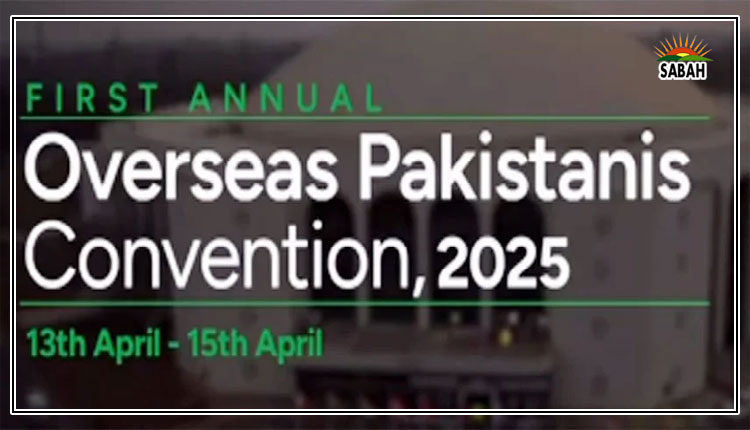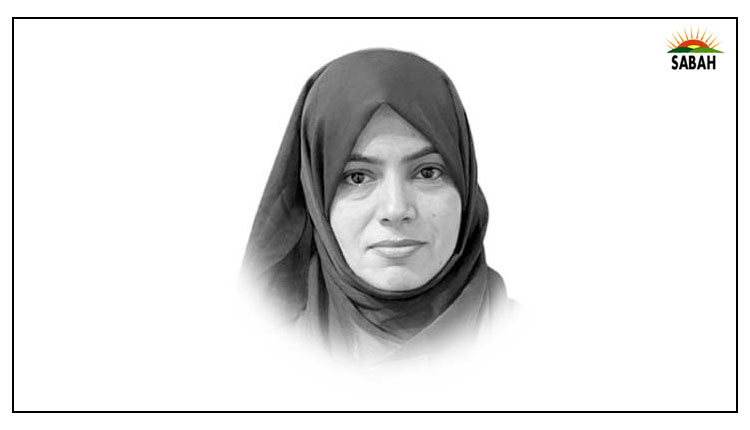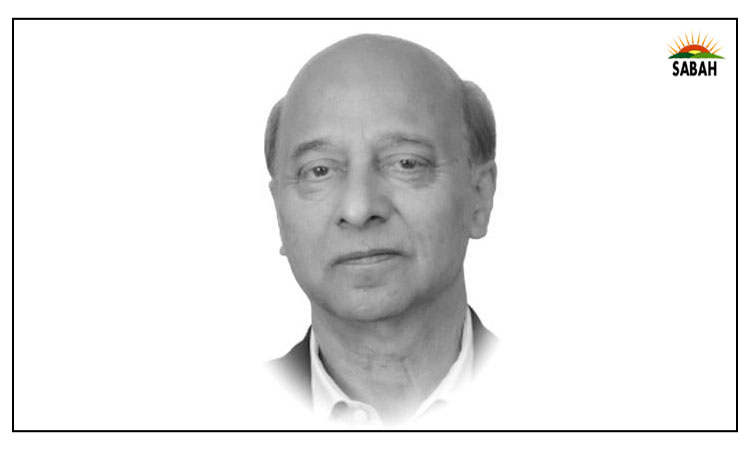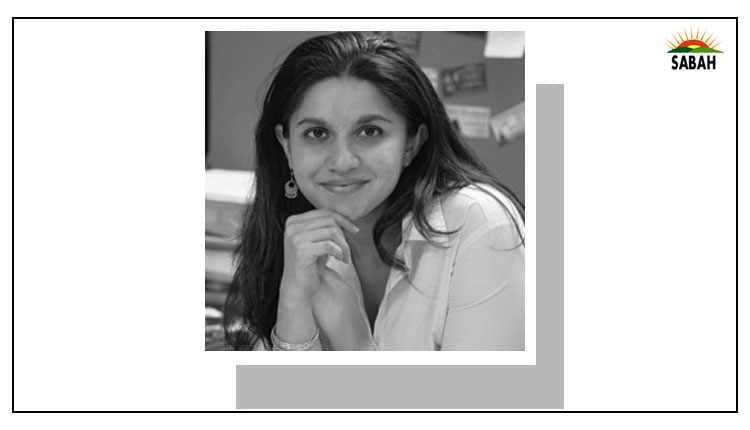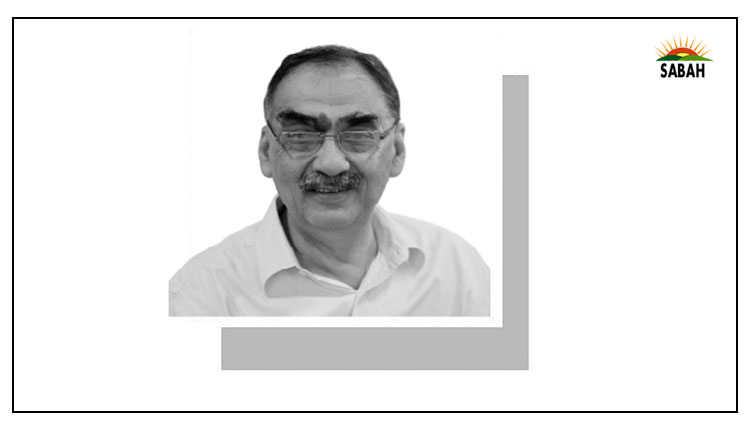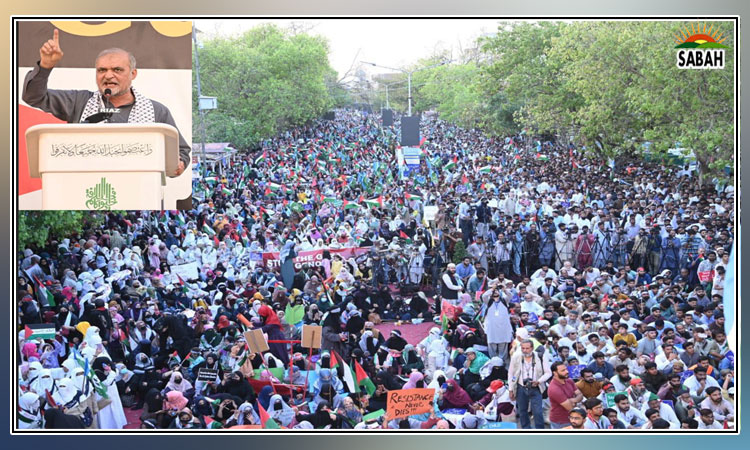Climate and the religious lens…Dr Muhammad Imran
The condition of Pakistani cities shows that we are suffering from an intellectual, professional and moral crisis. There is a sense that the existing government institutions and people cannot be persuaded to take the natural environment and climate change seriously, despite worse air pollution, urban flooding, water shortages and the waste crisis in the urban cities of Pakistan.
Successive civil and military governments have passed a number of laws, prepared policies and organized awareness walks in the last three decades, but the issue of the deteriorating environment and the threat of climate change keep getting worse.
The current way of dealing with the environment and climate change is no longer adequate. New concepts and approaches must be sought within our social strengths and culture.
Pakistans culture, norms and practices are inherently religious in nature. Understanding the connections between how people connect religion with everyday life can bring deep meaning to the natural environment surrounding us.
Recently, I came across a wonderful book Green Deen: What Islam Teaches about Protecting the Planet by the late Ibrahim Abdul-Matin, who also worked as a sustainability adviser in the New York City mayors office.
According to this book: A saying of the Prophet Muhammad (peace be upon him): Wherever you may be at the time of prayer, you may pray, for it (the Earth) is all a mosque. We heard this hadith several times, and scholars have focused on the importance of prayers. However, the later part of hadith praying wherever you find a place can mean that the Earth is a mosque; a mosque is sacred; therefore, the Earth is sacred.
Treating the Earth like a mosque means treating the natural world justly and fairly. We, as Muslims, must accept our role as the protectors of the planet, which has come under threat from the actions of urban development practices in Pakistan and beyond. Islam teaches us ethical principles that guide how we interact with the social and natural world. The core message that the earth is a mosque brings the religious obligation to protect the environment.
Abdur Rehman Cheemas book The Role of Mosque in Building Resilient Communities Widening Development Agendas stresses the importance of human belief and the role of the mosque in responding to and recovering from natural disasters in Pakistan.
This book shows that religious practices and the mosque can catalyze sustainable development to achieve a thriving community, social cohesion and resilience. It says that the climate change agenda in Pakistan should not overlook the role of religion and religious institutions in planning future developments and dealing with future disasters.
The lack of attention to religion, religious institutions and religious narratives in climate change literature and practices lies in the fact that Western literature, governments and donors follow the secular tradition where religion is a private matter. The opposite is true in Pakistan.
Pakistan should develop its own path for addressing climate change. The climate change agenda should tap into the beliefs of Pakistani society and include mosques and religious narratives in dealing with environmental issues. This approach may inspire society to challenge existing developmental practices and consumption-led approaches to transition to a low-carbon urban future.
Over the centuries, religion has spread hope, meaning and love, which is powerful. We can redirect religious discourse to generate love, feelings and deep meaning regarding the environment. This will help people protect and restore natural resources around them.
Although not all Pakistanis are religious, they can understand their personal role in addressing the environment through the lens of religious narratives. It would help them gain unique insights into the environment and motivate them to take action.
Literature in the field of environmental humanities and social sciences asks us to think of religion differently from what is traditionally understood and unlocks its potential for environmentalism. Deep meaning in the transition towards a low-carbon future is required, and religious narratives can develop these meanings.
The true teachings of Islam are concerned with acting on core ethical principles that are deeply connected with a love for the natural and social environment. Protecting water, consuming things ethically, and treating animals, birds, and trees respectfully are part of our religious teaching and should be widely articulated in our society and institutions.
Therefore, the religious narrative approach should be designed to motivate people to reflect on their daily lives when they buy cars, build houses, and cut and plant trees, and its consequences for climate change. Religious narratives will enable the active engagement of all citizens to protect the natural environment, which Pakistan desperately needs to address climate change.
Courtesy The News


